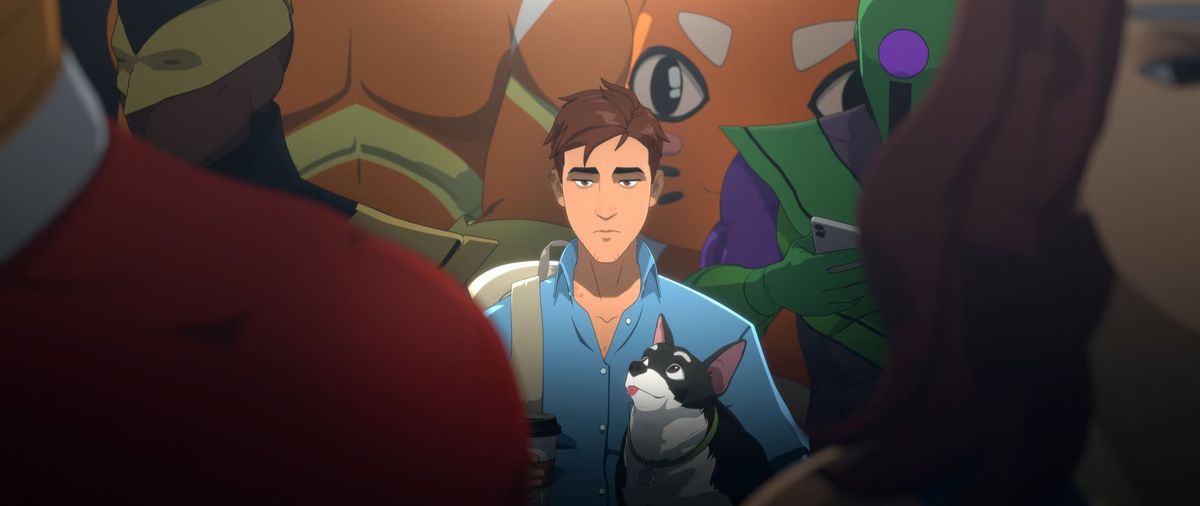Just shy of a month into Donald Trump’s second presidency, Jeremy Strong is seeing “The Apprentice” in a new light.
In a new cover story with GQ, Strong spoke about how the themes of Ali Abbasi’s Trump origin story — for which he is nominated for Best Supporting Actor for his portrayal of Trump mentor Roy Cohn — have taken on increased relevance to him, as he sees Trump’s behavior in office as a natural extension of the lessons that Cohn taught him in the 1980s.
“The film has become, to me, more of a horror movie. It takes on a different resonance, and is harrowing to see now. I really did feel like I could feel Roy Cohn hovering over the Capitol Rotunda a few Mondays ago, fist pumping,” Strong said. “So the movie has become scarier to me. Roy Cohn said, and I say it in the movie, ‘This is a nation of men, not laws.’ And so I think what’s happening right now is we are stress testing that thesis in real time.”
“The Apprentice” premiered at the 2024 Cannes Film Festival, but struggled to find U.S. distribution. It ultimately received a small release from Briarcliff Entertainment in October 2024, but Strong thinks history could have played out differently if more people saw the film.
“I’ve thought about this a lot. I mean, I’m someone who was deeply affected by watching certain movies when I was growing up, and in a lot of ways, they informed a lot of my worldview. I remember movies like ‘Mississippi Burning’ or ‘The Killing Fields’, or ‘Midnight Express,'” he said. “These kinds of movies had a huge impact on me. So I think certainly for a lot of the younger people who didn’t vote, it may have moved the needle.”
Strong has long been critical of what he saw as inadequate industry support for “The Apprentice.” In a separate interview with Variety tied to his Dunkin’ Donuts Super Bowl ad, Strong criticized the studios and distributors who passed on the film over a fear of “repercussions.”
“It’s disheartening that the studios who should have released this movie — I won’t name them, but you know who they are — didn’t,” he said. “It’s not because the movie isn’t good. It’s because they were afraid of repercussions, and probably have people on their boards who just said ‘no.’ The whole thing was frightening. It felt like a harbinger of darker things to come, this sort of insidious, quiet blacklisting. The business of Hollywood did not show a lot of courage.”

 10 months ago
185
10 months ago
185










 English (US) ·
English (US) ·